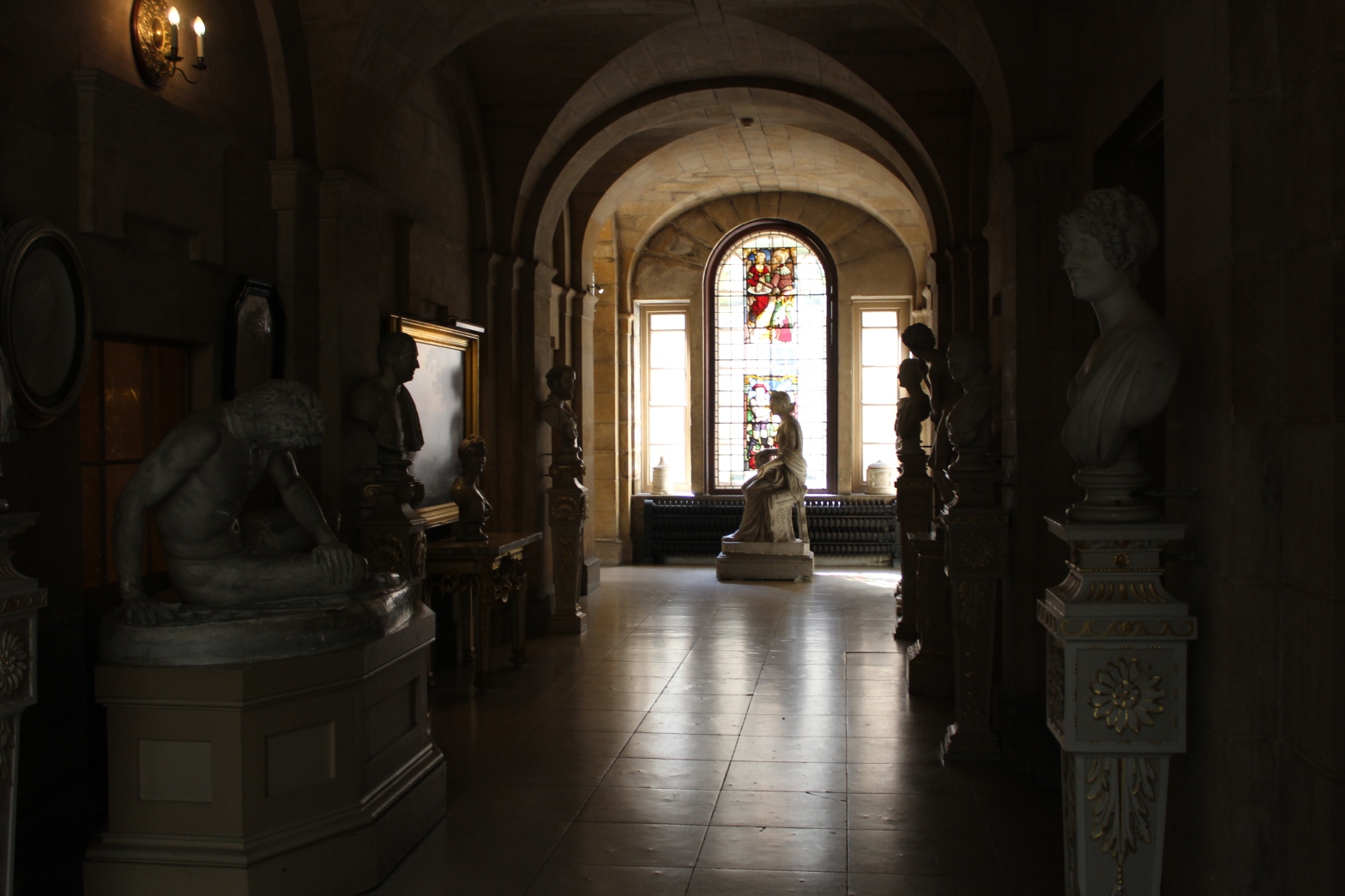Let me be clear from the start I’m not talking about the special clothes that are worn by those who have committed their lives to a life of service and prayer within a community gathered together in the Lord’s name. And then, on the other hand, maybe I am. Not many of us turn up in our gardening or decorating gear.
Most of you who read this will make a special effort over how you dress when you attend meetings within your fellowship – be it the regular Sunday services or the less regular mid week meetings to study the Bible or deal with the administration of the community. If you are called to lead those meetings perhaps you will feel it is essential that you wear distinctive clothes – in some traditions more flamboyant than others – to identify the role you are fulfilling.
I remember watching a non-denominational service that was held not so long ago as a televised service for a national tragedy – Grenfell I think – there’s been so many! Despite this the Archbishop who led the worship wore his full vestments. I wanted to ask him why he felt it was necessary to wear them. Was there a purpose behind it or was it just only habit. In fact, I wanted to know why such vestments are so much a part of some tradition’s services.
I’ve also struggled to find a definitive answer to a much simpler question along these lines – why do ministers of all traditions wear clerical (dog) collars? These days they are a badge of office, a sign of their calling, but how did the custom begin?
However, to get back to the other habit I first thought about when preparing this post. Going to church – the building – on a Sunday morning, how much of that is habitual? As the lock down eases and the opportunities increase for us all to return to the old ways of doing things we will see whether the habit has been broken or not. Many a community leadership group is already wondering the same thing I’m sure.
For many people the opportunity – nay, the privilege – to attend a worship service has offered the only regular way that some can meet with others without fear or judgement. It could be argued that the social contact is as important – if not more so – than the prepared events that are the main part of what happens. I know that I am not the only one who has watched leaders of worship standing at the exit door to say goodbye who have had to wait for some time as the bulk of the congregation bustle about greeting and meeting one another.
And when it comes to the content of the act of worship itself habit can be found. Some traditions have accepted patterns or orders of service. Here the only week by week variations are perhaps the choice of music and the content of the sharing of the Word – and the last is based on a annual or two yearly cycle of themes. New ways of doing church are proposed at irregular intervals, often drawing on particular resources within a fellowship. Even then there is the feeling that it is necessary to include the usual elements found in the more traditional forms.
As you read more of the things I write, you’ll find I keep coming across Acts 2 in my thoughts. There was nothing about habit in the way those early Christians came together. They were drawn to their fellows to simply share the wonder and the joy of what Christ was doing in their lives each day. There was no liturgy. There were no Bible readings. Those hymns and songs of praise were the familiar and everyday words that had filled their lives. They were seen to be different from what was traditionally happening. And that difference attracted more and more to see how Christ was working in their lives.
Those new Christians – Followers of the Way – broke their habits of their lifetimes and embraced the new and the challenging.
As we are allowed to come together again, will we simply fall back on the old ways? Will each of us just act out of habit?
